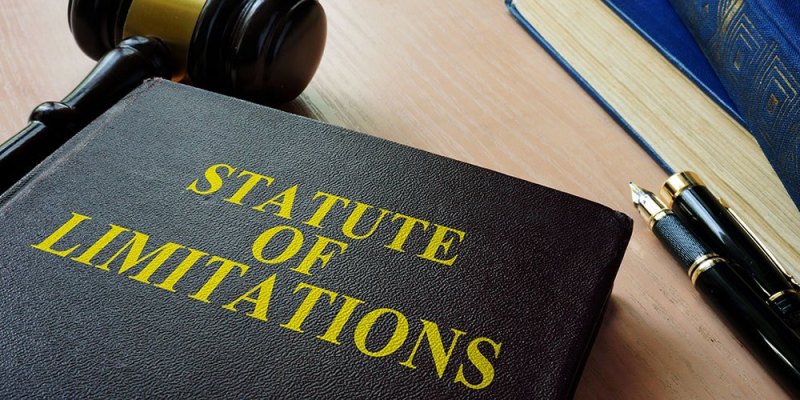
Cross Jurisdictional Tolling of the Statute of Limitations
In Stevens v. Novartis Pharmaceuticals Corp., the Supreme Court addressed for the first time whether a case filed in a different jurisdiction served to toll the statute of limitations against a defendant in that second case. In Stevens, the plaintiff timely brought suit against her doctor, his business, and John Does one through four. She did not name Novartis however. The complaint was amended to name Novartis 10 months after the statute of limitations had run on her claim.
In one of her arguments, Stevens maintained that the statute of limitations was tolled by a class action lawsuit brought in federal district court. Stevens asserted that because the Becker suit contained a request for worldwide class certification, and contained claims substantively identical to those made by Stevens, the statute of limitations was tolled as to Stevens as well as other potential class members.
As a matter of first impression, the Supreme Court concluded that the class action tolling rule would be logically applied in this case and ruled that Stevens’ amended complaint was timely filed.
In addressing one of Novartis’ two principal arguments to the application of class action tolling, the supreme court went on to adopt a rule allowing for cross-jurisdictional tolling of claims. The Court found that the main reason that other state courts were declining to adopt cross-jurisdictional tolling is the fear that doing so while the doctrine is not yet widely accepted will trigger a rush on the courts of that state.
The Supreme Court did not agree that this was a valid concerned and plainly stated its belief that they were not expanding access to courts beyond the access to which out-of-state plaintiffs are already entitled.
The Court went on to caution that some class action lawsuits would not put the defendants on notice of the substantive claims against them, and under such a situation the class-action tolling rule may not apply. The Court also noted that the amount of time the plaintiff is alleging has been tolled is a relevant consideration (noting that 10 years may have produced a different outcome than the 10 months in the present case).



